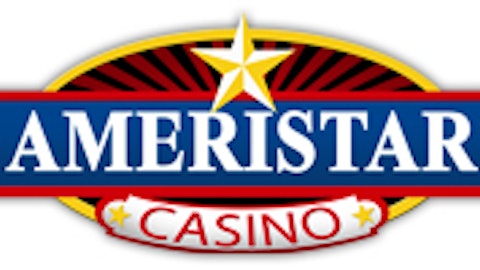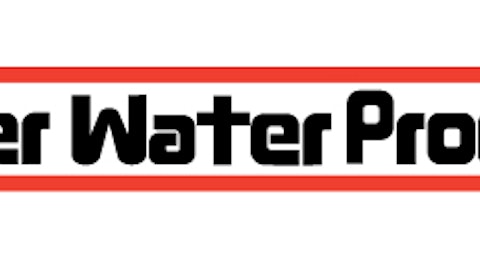Tyson Foods, Inc. (NYSE:TSN) investors should be aware of an increase in activity from the world’s largest hedge funds recently.
To most stock holders, hedge funds are seen as unimportant, outdated investment vehicles of yesteryear. While there are more than 8000 funds in operation today, we hone in on the masters of this club, around 450 funds. It is estimated that this group oversees the majority of all hedge funds’ total capital, and by paying attention to their top picks, we have found a number of investment strategies that have historically outstripped the market. Our small-cap hedge fund strategy outpaced the S&P 500 index by 18 percentage points per annum for a decade in our back tests, and since we’ve began to sharing our picks with our subscribers at the end of August 2012, we have outpaced the S&P 500 index by 25 percentage points in 6.5 month (check out a sample of our picks).
Just as beneficial, optimistic insider trading activity is a second way to break down the stock market universe. Obviously, there are a number of reasons for an upper level exec to cut shares of his or her company, but just one, very simple reason why they would initiate a purchase. Several academic studies have demonstrated the valuable potential of this strategy if shareholders understand where to look (learn more here).
With all of this in mind, let’s take a glance at the recent action encompassing Tyson Foods, Inc. (NYSE:TSN).
What have hedge funds been doing with Tyson Foods, Inc. (NYSE:TSN)?
Heading into 2013, a total of 25 of the hedge funds we track were bullish in this stock, a change of 4% from the third quarter. With hedgies’ capital changing hands, there exists a select group of noteworthy hedge fund managers who were boosting their stakes significantly.
Of the funds we track, Cliff Asness’s AQR Capital Management had the most valuable position in Tyson Foods, Inc. (NYSE:TSN), worth close to $82 million billion, accounting for 0.4% of its total 13F portfolio. Coming in second is Highline Capital Management, managed by Jacob Doft, which held a $39 million position; 0.4% of its 13F portfolio is allocated to the company. Other hedge funds that are bullish include Ken Griffin’s Citadel Investment Group, David Harding’s Winton Capital Management and Peter Rathjens, Bruce Clarke and John Campbell’s Arrowstreet Capital.
As industrywide interest jumped, specific money managers were leading the bulls’ herd. Seminole Capital (Investment Mgmt), managed by Michael Messner, established the most valuable position in Tyson Foods, Inc. (NYSE:TSN). Seminole Capital (Investment Mgmt) had 8 million invested in the company at the end of the quarter. Wayne Cooperman’s Cobalt Capital Management also initiated a $8 million position during the quarter. The other funds with new positions in the stock are Alexander Mitchell’s Scopus Asset Management, Neil Chriss’s Hutchin Hill Capital, and Joel Greenblatt’s Gotham Asset Management.
What have insiders been doing with Tyson Foods, Inc. (NYSE:TSN)?
Insider purchases made by high-level executives is best served when the company we’re looking at has experienced transactions within the past six months. Over the last 180-day time frame, Tyson Foods, Inc. (NYSE:TSN) has seen 1 unique insiders buying, and 6 insider sales (see the details of insider trades here).
With the returns exhibited by the aforementioned strategies, everyday investors should always pay attention to hedge fund and insider trading activity, and Tyson Foods, Inc. (NYSE:TSN) applies perfectly to this mantra.
Click here to learn more about Insider Monkey’s Hedge Fund Newsletter
Insider Monkey’s small-cap strategy returned 29.2% between September 2012 and February 2013 versus 8.7% for the S&P 500 index. Try it now by clicking the link above.






